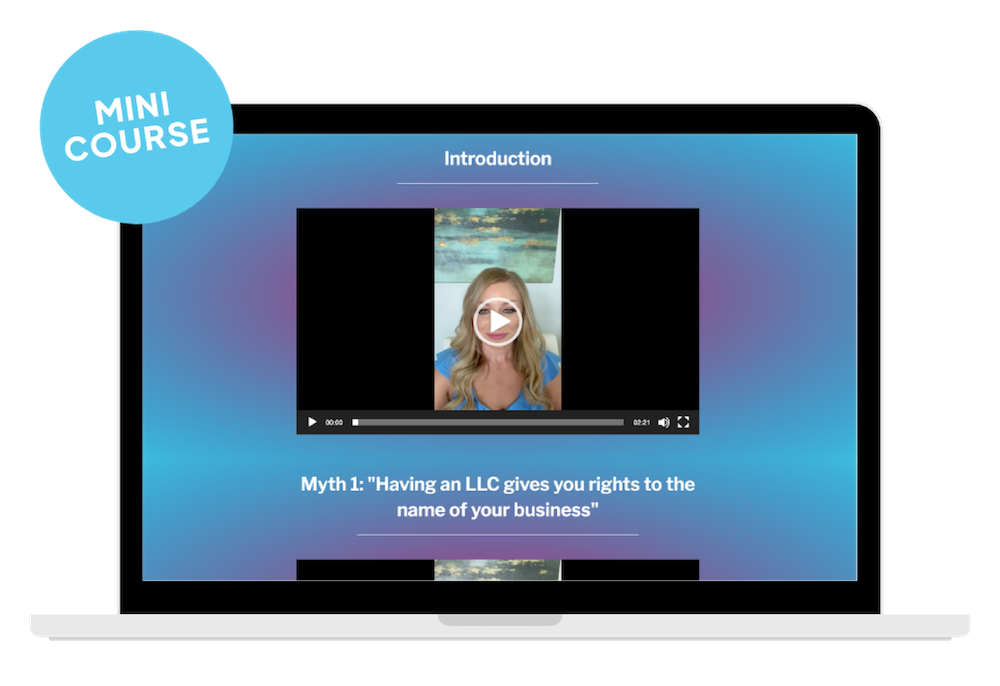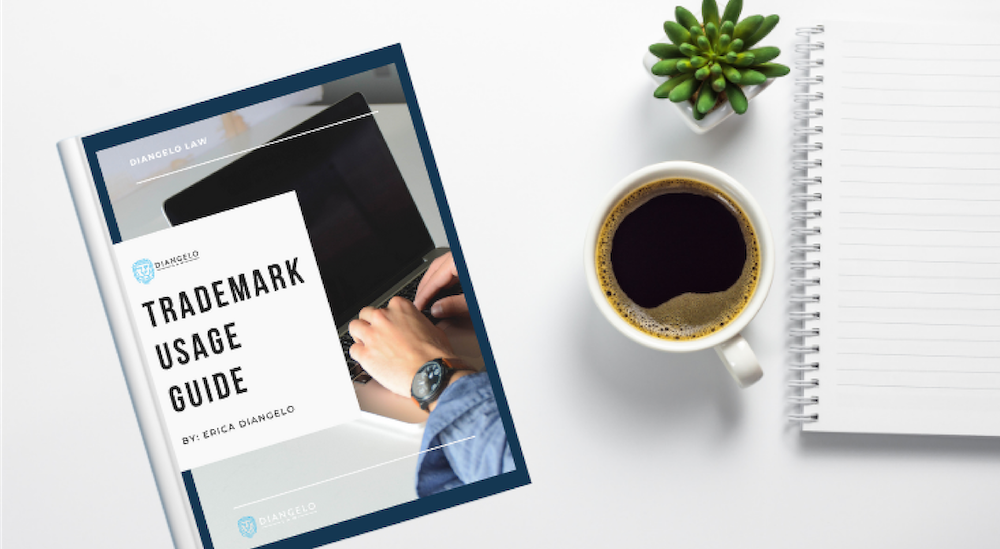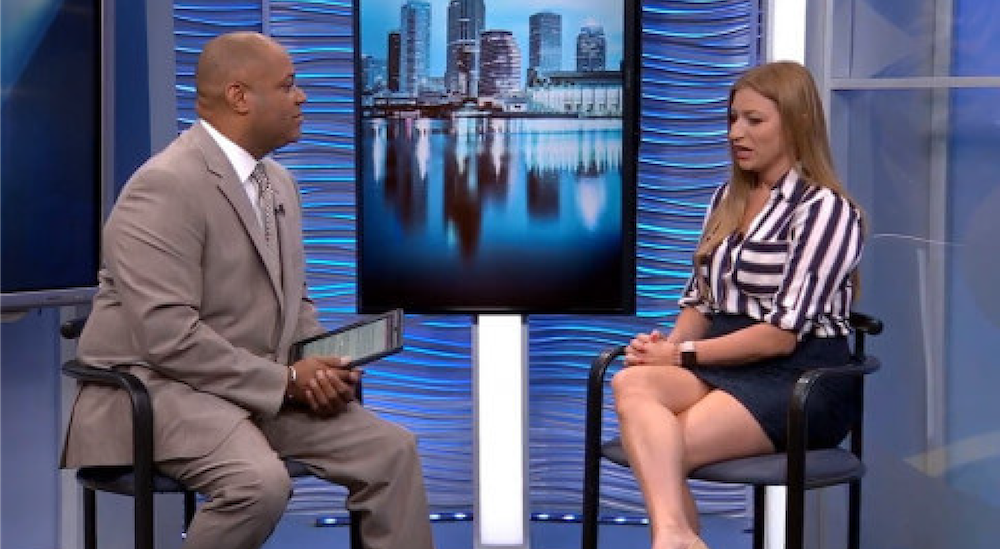- Book a Discovery Call

Debunking 5 Common Trademark Myths for Entrepreneurs, Small Businesses and Influencers
Watch out for these common misconceptions and myths about trademarks, small businesses and brands! Understanding these 5 things will help you create, protect and grow your brand while avoiding major pitfalls and getting thrown off track on your business journey.
Here are the 5 Myths We’ll be Debunking:





More Legal Resources

Empowering entrepreneurs with clear, actionablelegal insights for business growth.

Expertly crafted guides to navigate legal complexities with ease and confidence.

Local and National spotlight of how we’re shaping legal landscapes, inspiring business communities.
Stay Informed with DiAngelo Law
Get the latest updates, exclusive emails, and news
from DiAngelo Law by subscribing today.
Serving Clients
Virtually & Globally
Legal Services
© 2024 DiAngelo Law | All Rights Reserved. | Privacy Policy
DISCLAIMER: This website and its content are for educational purposes only and is not a substitute for legal advice. The use of this website and any of its content does not establish an attorney-client relationship. Any of the content contained herein shall not be used to make any legal decisions without first consulting an attorney. The hiring of an attorney is an important decision not to be based on advertisements or blogs. DiAngelo Law expressly disclaims any and all liability in regard to any actions, or lack thereof, based on any contents of this website.